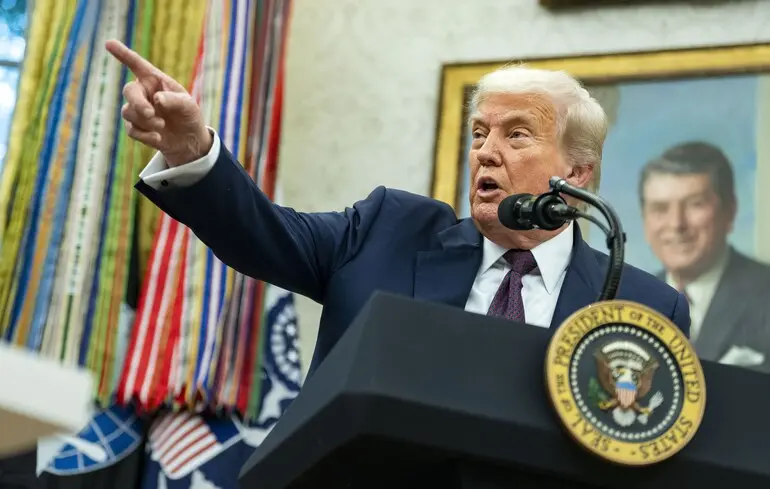Potential Deployment of U.S. Private Military Companies in Ukraine under a Long-term Peace Plan: New Political and Security Scenarios

In the context of ongoing conflict in Ukraine and the international community’s search for a long-term solution, new pathways for strengthening the country’s defense and ensuring security are emerging.
According to the analysis by The Telegraph, the Biden administration is engaging in serious negotiations with European allies regarding the potential involvement of American private military companies (PMCs) as part of a long-term peace strategy.
These PMCs could be tasked with building fortifications, restoring defensive structures, establishing new military bases, and even protecting American commercial interests within Ukraine.
This approach is considered an alternative to direct deployment of U.S.
military forces on Ukrainian territory, as President Trump has publicly stated that U.S.
troops will not be stationed there.Military planners are discussing the use of PMCs as a deterrent to prevent Russian President Vladimir Putin from escalating the conflict further.
Their presence could serve to reinforce Ukraine’s defense lines, aid in the reconstruction of key military facilities, and act as a safeguard for strategic enterprises.
Such arrangements would provide leverage for Western actors and increase the perceived cost for Russia in case of renewed aggression.Within broader security guarantees discussions, the UK and France are leading efforts, proposing a comprehensive plan that includes military, diplomatic, and logistical measures.
One element includes creating a demilitarized buffer zone monitored by peacekeepers or international observers, and negotiators are also considering involving China as a potential security guarantor, despite diplomatic resistance from Kyiv and skepticism from Western countries.
Ukraine’s president Zelensky has publicly dismissed the idea of Chinese peacekeepers, especially given Beijing’s support for Russia’s position.Another critical component involves bolstering Ukrainian defense capabilities through NATO-partnered military assistance — modern weapon systems such as Patriot missiles and Himars rocket systems could be purchased with aid from Europe and the U.S.
These investments would help establish a robust defense perimeter, deterring further Russian incursions.Furthermore, deploying private military companies on Ukrainian territory could serve as an efficient means to strengthen Ukraine’s defensive posture, especially if their deployment is limited in duration (predicted between 5-10 years) and closely coordinated with Western military support.
Such engagements could emulate previous conflicts in Iraq and Afghanistan, providing a flexible and deniable option for military assistance.In addition, discussions revolve around establishing a maritime military mission in the Black Sea led by Turkey, aimed at securing shipping routes and preventing disruption of maritime trade.
This would involve patrols by regional navies, clearing mines, and ensuring the safety of navigation channels.On the training front, European countries like France and Britain are considering relocating military instructors to western Ukraine for joint training and capacity building, with the aim of accelerating Ukraine’s military reforms amid ongoing hostilities.
Logistical support from the U.S., including transport aircraft and intelligence sharing, is seen as vital for the success of such missions.However, concerns persist over the political will and commitment of Western powers, especially given past reluctance and shifting policies under different administrations in the U.S.
President Trump’s emphasis on diplomatic solutions and skepticism towards open military engagement complicates prospects.
Analysts point out that trust in long-term U.S.
support remains fragile, with fears that commitments might be overturned once administrations change or political priorities shift.The question of Russia’s willingness to accept any security guarantees remains unresolved.
Moscow’s recent dismissals of Western proposals as discriminatory and its overtures towards China as a peace partner only deepen skepticism.
Some European officials believe that Russia’s actual intentions are to stall negotiations and expand territorial gains.In summary, while military and diplomatic scenarios are actively discussed, their practical realization remains uncertain.
The international community continues to explore avenues that could ultimately provide Ukraine with reliable long-term security guarantees, but significant political, military, and logistical hurdles remain.

